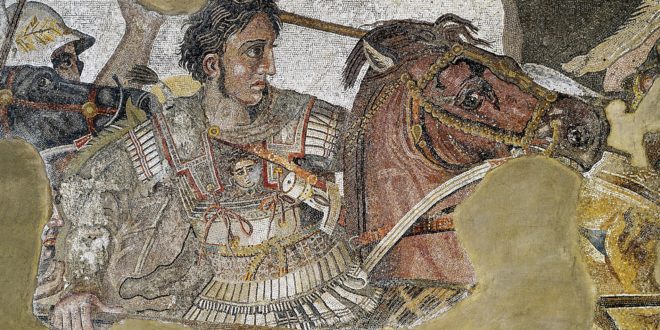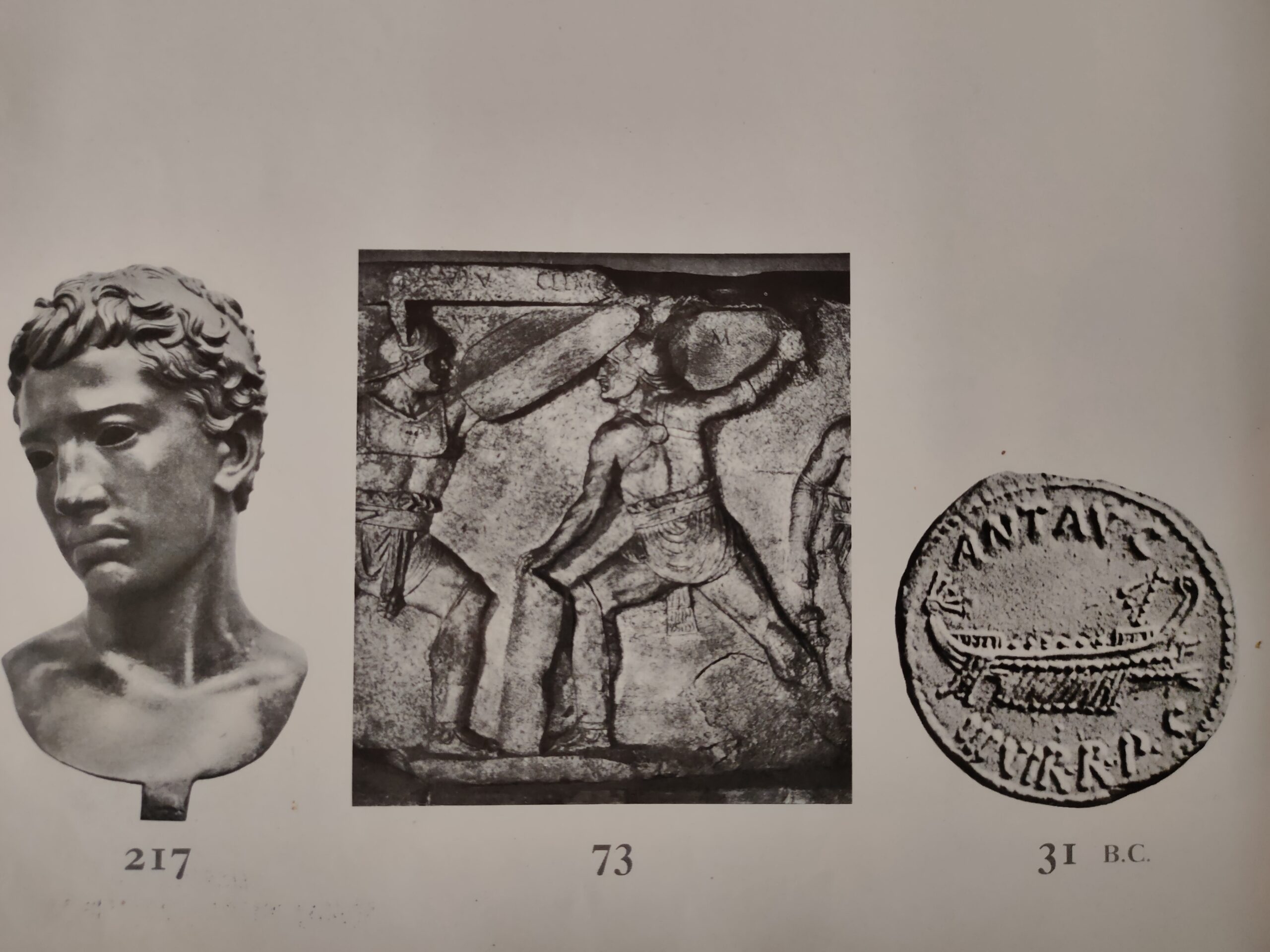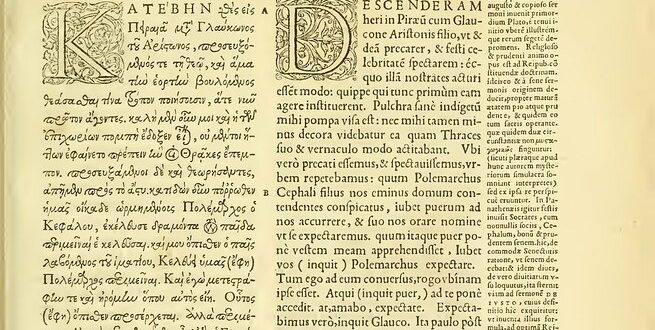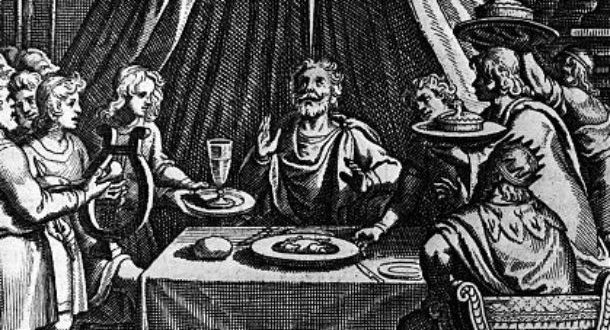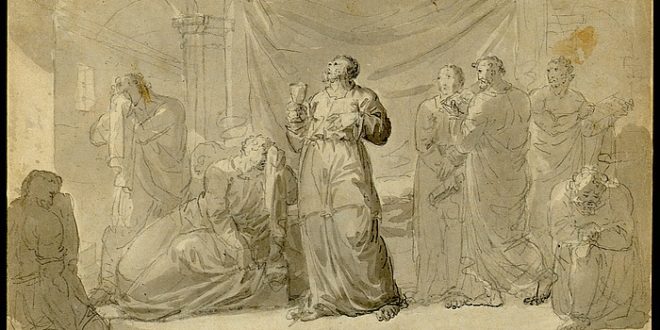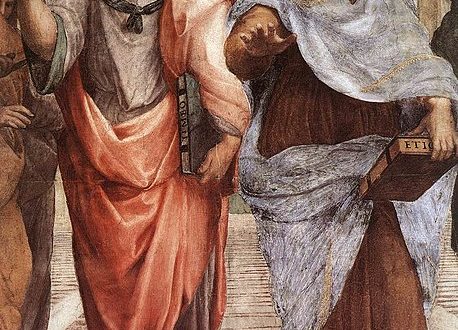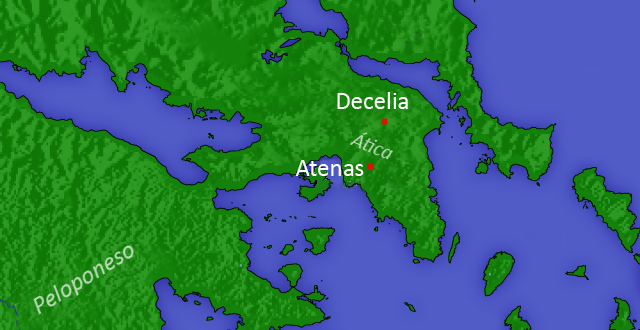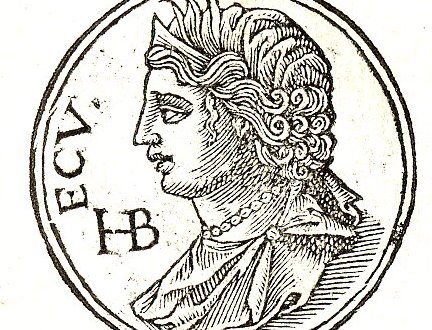Many answers have been given to this question. To most people it is undoubtedly the record of past events, but a moment’s reflection will show that it is not a record of everything that has happened, whether the subject be the history of mankind as a whole, or of a nation, a city, a religion or institution. History, as it is recorded by chroniclers or presented by historians, inevitably involves the selection of certain events as being especially significant among all that happened within a specific area of the past. Selection also implies criteria of interpretation by which events are considered significant. In other words, out of the complex of past happenings certain events are chosen as being “historical.” This process of selection and interpretation is a very complicated one and it has been going on ever since man first began to record his past — about the beginning of the third millennium B.C. Selecting an “historical” event also involves a process of abstraction and concretion that is fundamentally artificial, yet instinctive to man and a basic factor of his rationality. It presupposes that the passage of time is made up of a series of “events,” each distinct and identifiable, but, on analysis, this presupposition is very difficult to justify. What we call “Time” is essentially mysterious; it is one of the main categories of our consciousness and we cannot get outside it and assess it objectively. Time presents itself to us primarily in the ever-changing pattern of our experience; if we were not conscious of such change, it is difficult to see how we should be aware of Time. Although our apprehension of temporal change is continuous when we are conscious, some phenomena affect us more than others and we naturally endow them with especial significance; we abstract from …
Read More »